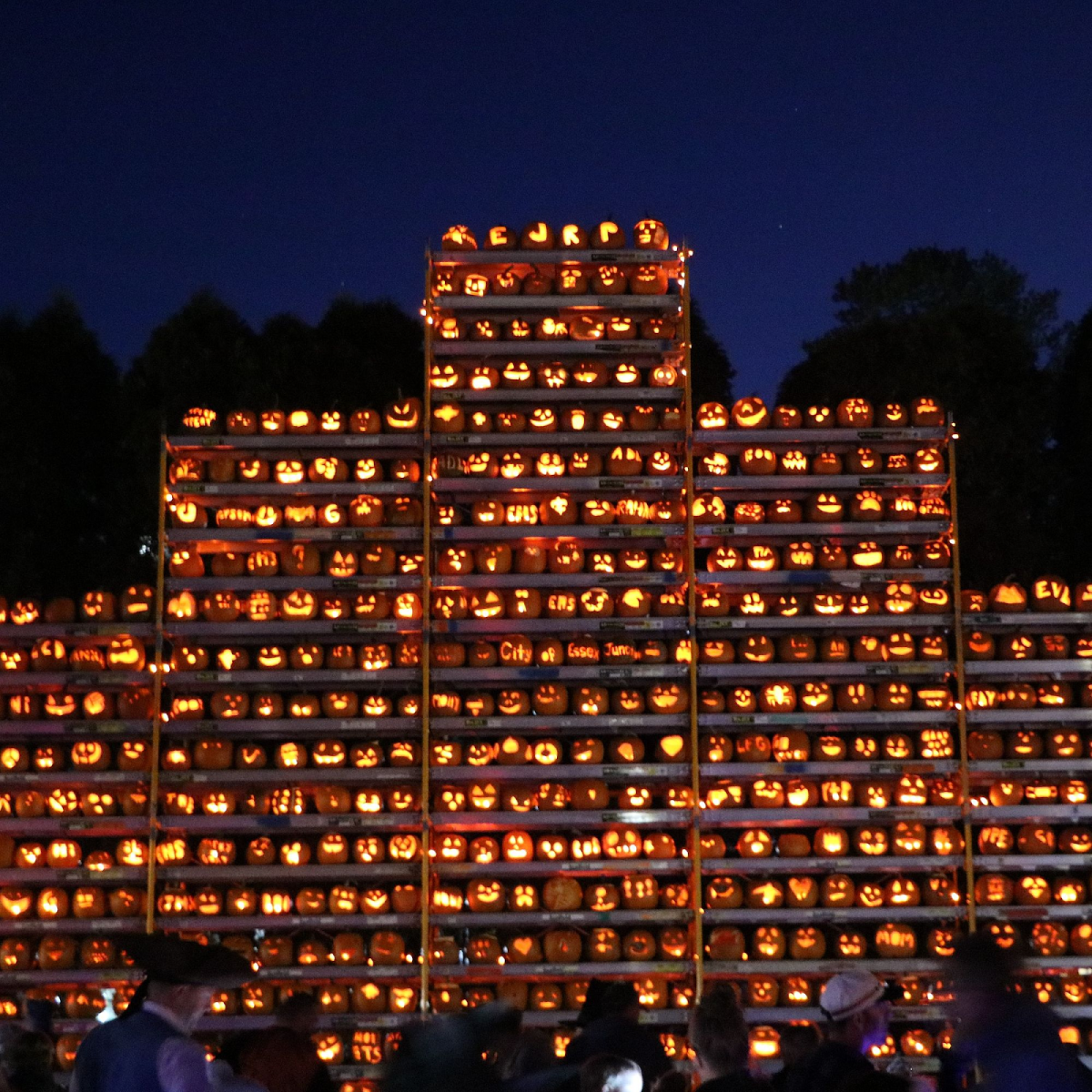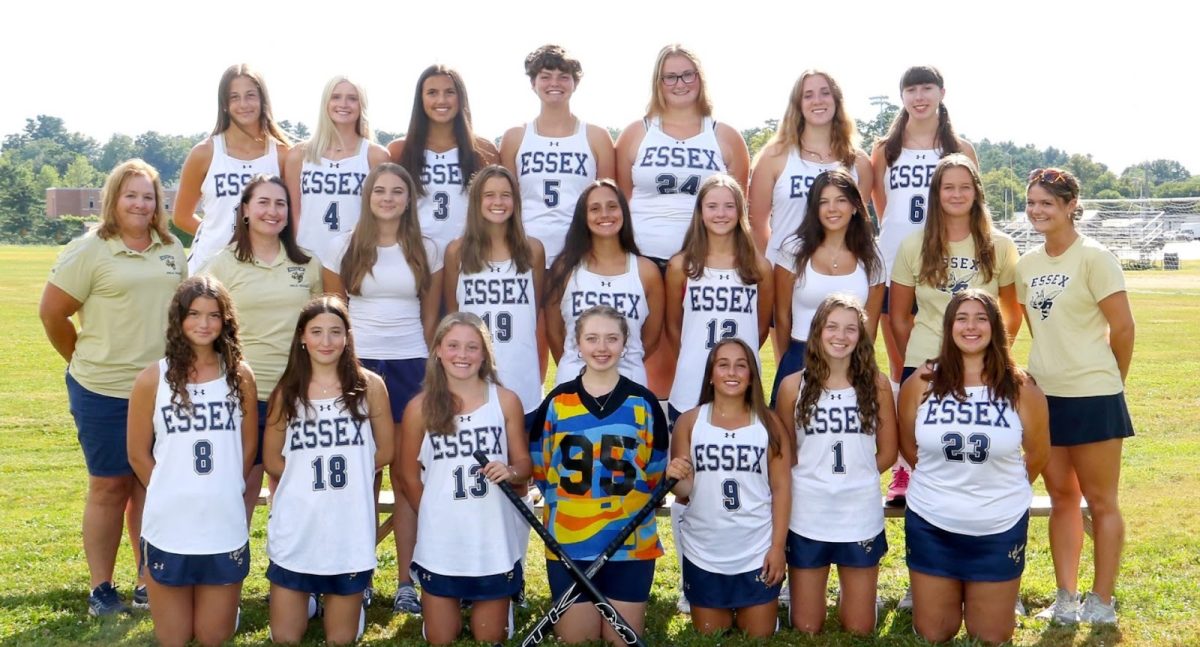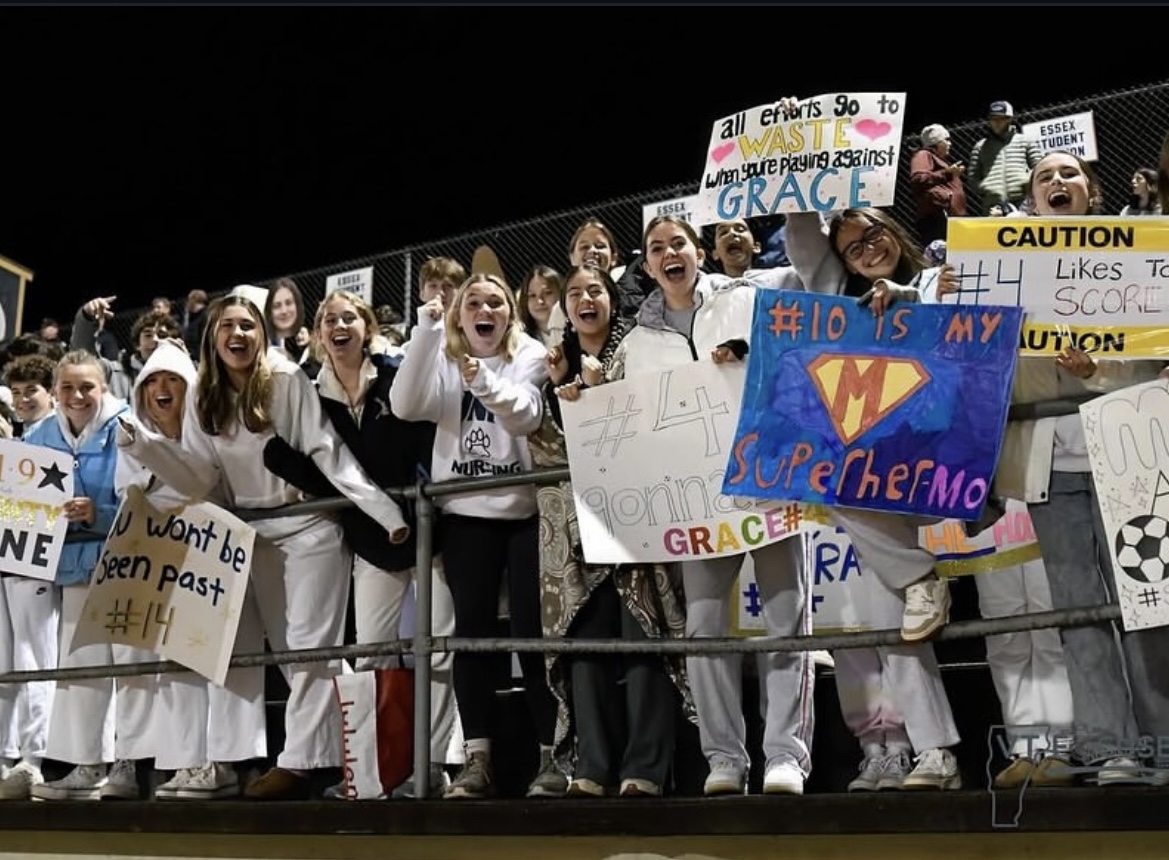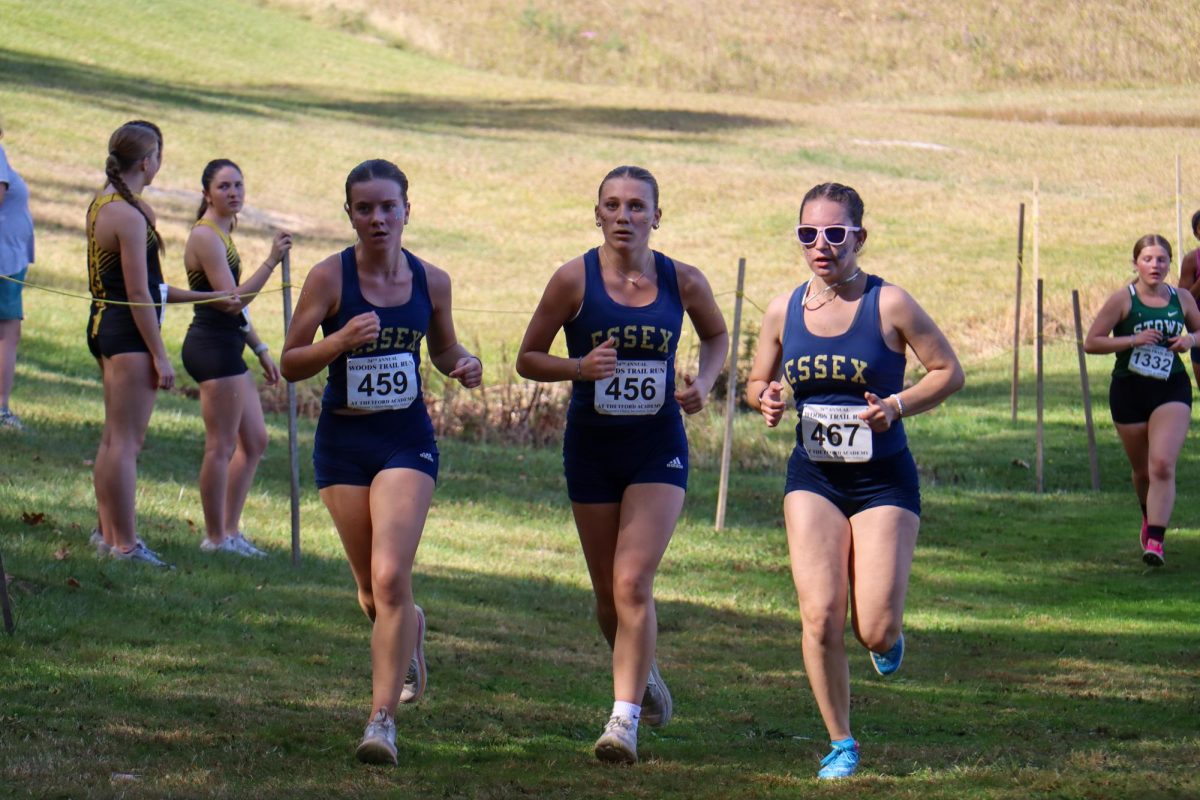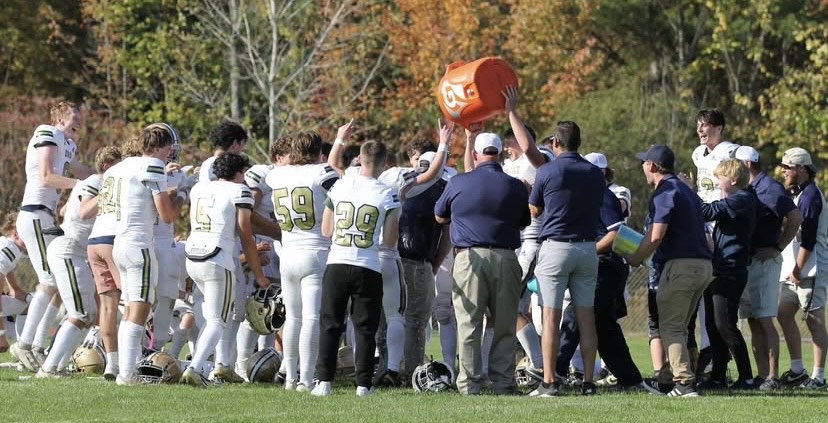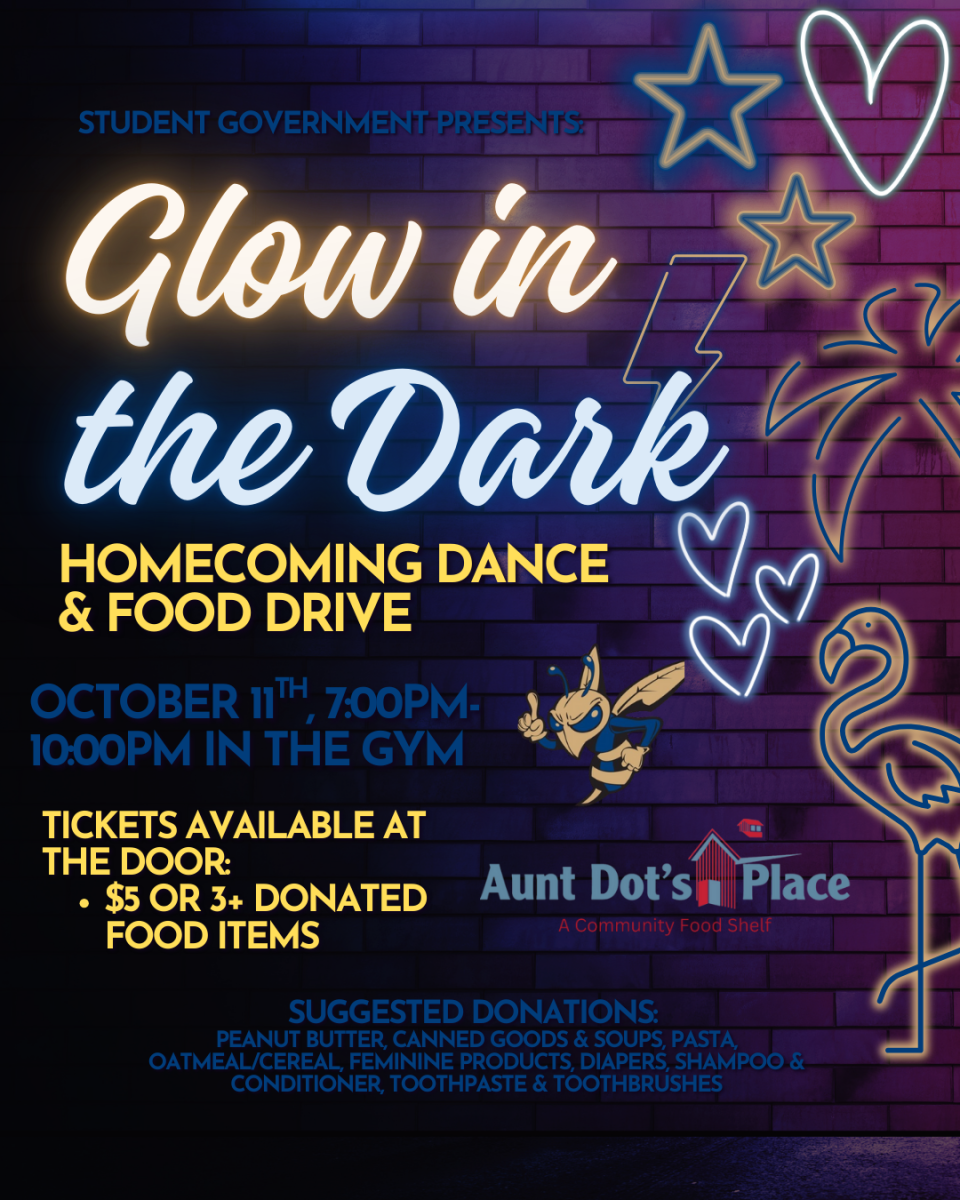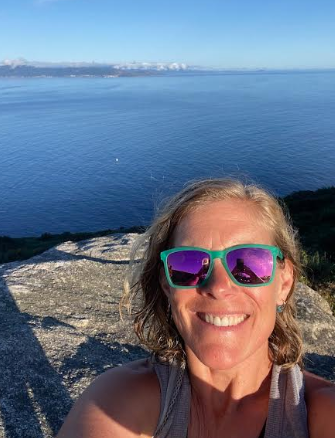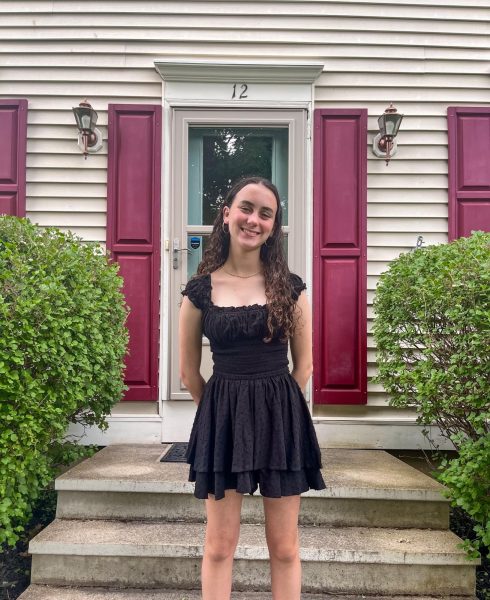The Community Support Team (CST) at EHS was established to provide students with a safe, confidential, and supportive space to report biased incidents or microaggressions anonymously.
The team wants to create a more inclusive, equitable, and respectful school environment where all students feel valued and heard. Beyond assisting students who experience biased incidents, the team also offers support to faculty facing similar challenges.
CST started in 2019 after a group of students attended a conference at UVM on bias reporting systems, inspired by the Black Lives Matter movement. Intending to create meaningful change, they said they wanted to create a similar program at EHS to address and respond to biased behavior within their school community.
Sophomore Cyrus Lynch is a member of the CST.
“I think it’s a cool way to help people out immediately,” Lynch said. “I’m on the district equity team and sometimes it can feel pretty distanced from the actual students, but this feels very personal, and it makes me feel more confident to report any equity bias incidents that happened to me personally or some of my friends because I know that it’s going to great people like Porchea.”
Porchea Tipton, the Equity Coordinator at Essex High School, helps lead the CST. She emphasizes the importance of creating a safe and welcoming system for students.
“I just want this to be a safe and comfortable space for students to use,” Tipton said. “While it’s designed for everyone, my priority is ensuring that you all feel truly comfortable. I also want our school to develop a habit of openly discussing bias incidents, as they can manifest in many different ways.”
When students report a biased incident, the CST will meet with a member of the administration to discuss it and see if follow-up is necessary, like if someone is in danger. If follow-up is the next step, an administrator will meet with the person/people involved. The CST does not meet at this stage.
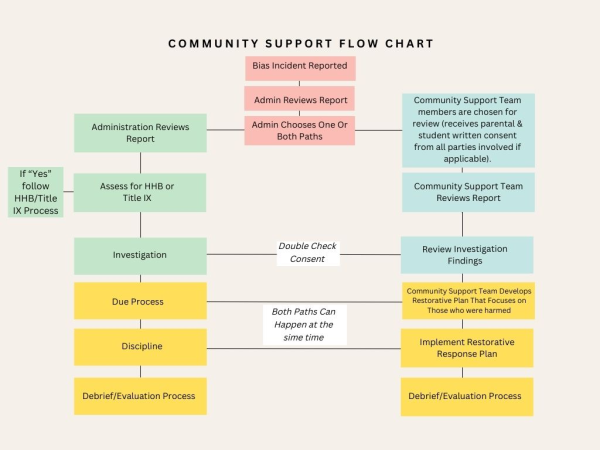
“Our job is more so the aftermath. So like, if someone heard that slur, if somebody saw something violent, then our job is to make them feel safe and make sure we even wrap around whoever caused the harm to them because they’re probably hurt in some way,” Tipton said. “It’s all about (looking) with a restorative lens and a mental health lens, and helping students and staff take responsibility for the things they do.”
Students and faculty can access the Community Support Team by speaking with Tipton or school counselors, scanning a QR code posted on the bulletin board outside C113, or filling out an online form available on the EHS website.
The team actively encourages student involvement, offering $40 per meeting to participants. Those interested in joining can reach out to Porchea at [email protected].

